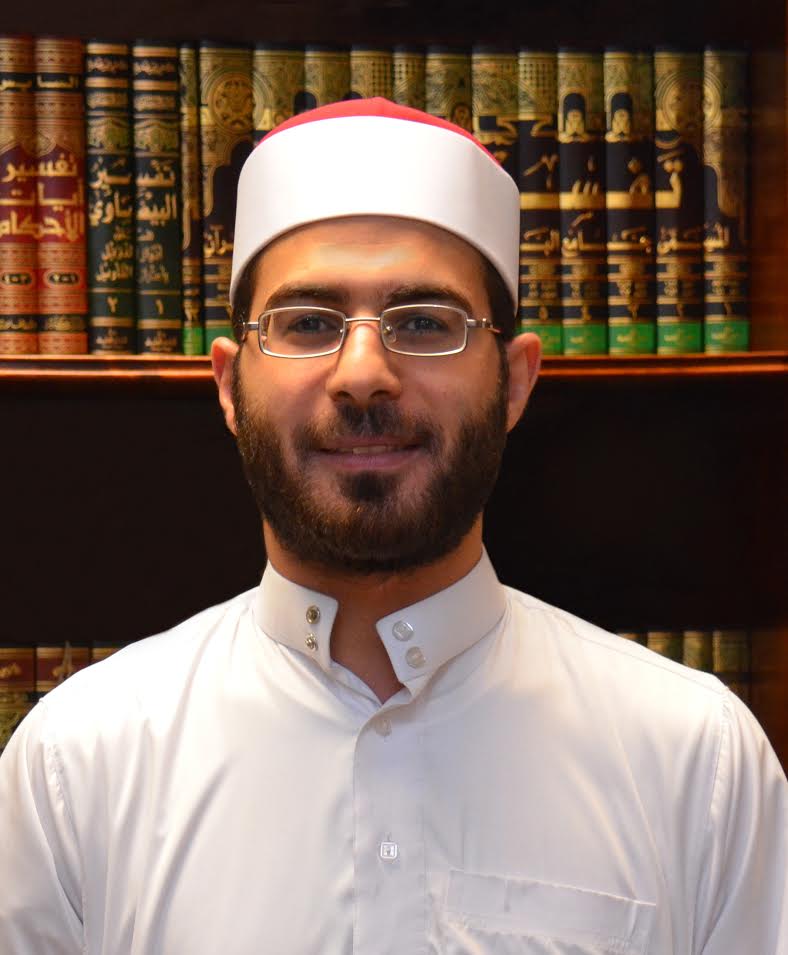Keys to Enliven Your Salah, Part 2

In the first section, we recognized the concept of Munajah (intimate conversations) with Allah U and how it permeated throughout the Prophet’s Salah. In this section, we will learn, through the recitation of al-Fatihah, that Salah is not one way conversation; rather, it is an actual conversation between us and Allah U.
Abu Hurayrahtsaid: I have heard the Prophetrsay: “AllahUhas said: I have divided prayer between Me and My servant into two halves, and My servant shall have what he has asked for. When the servant says: “All praise belongs to Allah, the Lord of all the Worlds,” says: “My servant has praised Me.” And when the servant says: “The Merciful, the Ever-Merciful,” Allahsays: “My servant has extolled Me.” When the servant says: “Master of the Day of Judgement,” Allah says: “My servant has glorified Me.” When the servant says: “You alone do we worship and from You alone do we seek help,” Allah says: “This is between Me and My servant, and My servant shall have what he has asked for.” When the servant says: “Guide us to the Straight Path, the Path of those whom you have favored, not of those upon whom is Your anger, nor of those who are astray,” Allah says: “This is for My servant, and My servant shall have what he has asked for.” [Reported by Muslim and others]
For an effective prayer, here are few notes derived from this Hadith:
(1) Pause at the end of each ayah. These frequent pauses will help you control your thoughts and regain your concentration as you can easily recognize your outside-Salah thoughts. However, reciting al-Fatihah fast will serve only as a lip service whereas Salah is supposed to be a Heart service.
(2) As you pause at the end of each ayah, allow moments to feel Allah’s response. This is actually an unappalled, spiritual joy that can be experienced, not described. In his book al-Salah wa Ahkam Tarikiha, Imam Ibn al-Qayyim observes: ByAllah, if the fumes of desire and the rust of sins and enormities were not placed upon the hearts, these hearts would have flown out of happiness and joy as their Lord, Maker and Deity says: “My servant has praised Me, My servant has extolled Me and My servant has glorified Me.”
(3) Each word of al-Fatihah (and all the other praise statements) has to be expressed with clarity. Mumbling the prayer recitations and uttering words quickly and indistinctly with partly closed lips will never nurture your heart or help you grow spiritually. For instance, compare al-Hamdu Lillahi Rabbil ‘Alameen (when each word or cluster is clearly pronounced) with hamlirabilameen (when it is mumbled and turned into a meaningless sentence).
(4) Recognize that al-Fatihah has three main sections with three connected themes. First, the Surah starts with praising Allah U through a list of Divine attributes (Lord of the Worlds, the Merciful, the Ever-Merciful and Master of the Day of Judgment)—all in the third person: “He.” Second, as we recognize Allah’s attributes in the first theme, we feel his presence and closeness; that is why, the second theme begins with a pronoun shift “You do we worship, and You do we seek help from” to imply the sense of closeness and to make a covenant and commitment with Allah Uto obey Him. Third, the Surah closes with a prayer for unceasing Divine guidance.
(5) Remember that the first two themes are the introduction to the prayer for Guidance. So, do you really mean it when you say: “Guide us to the Straight Path …”? Does it make sense to ask God for something with a totally distracted mind?

